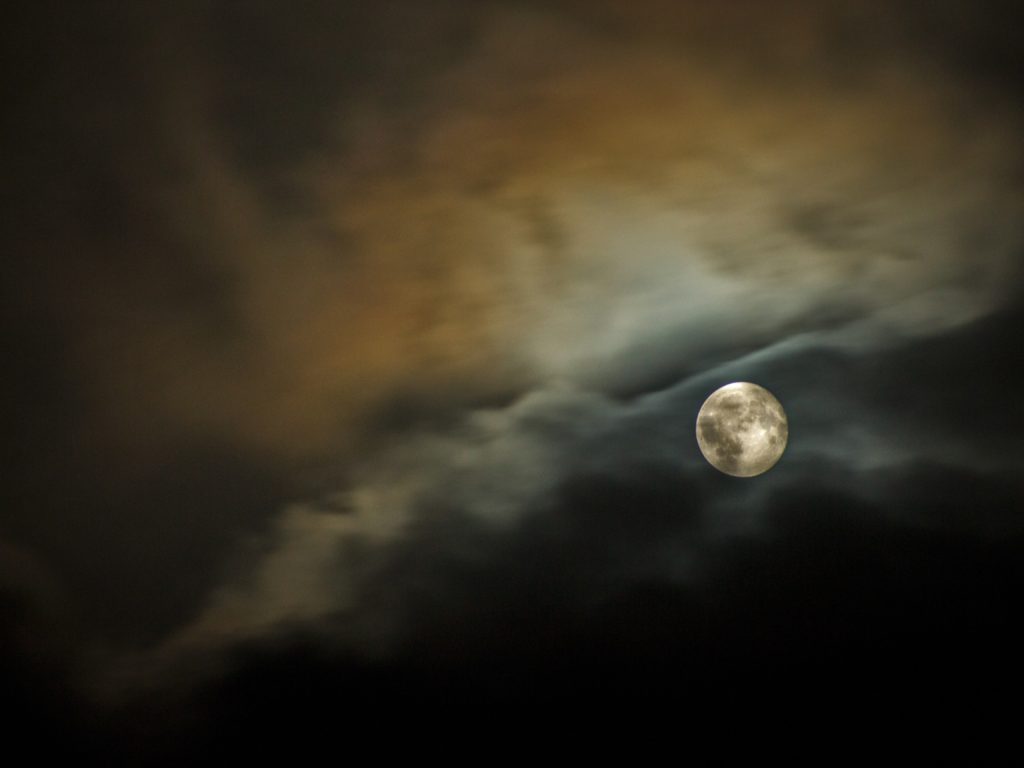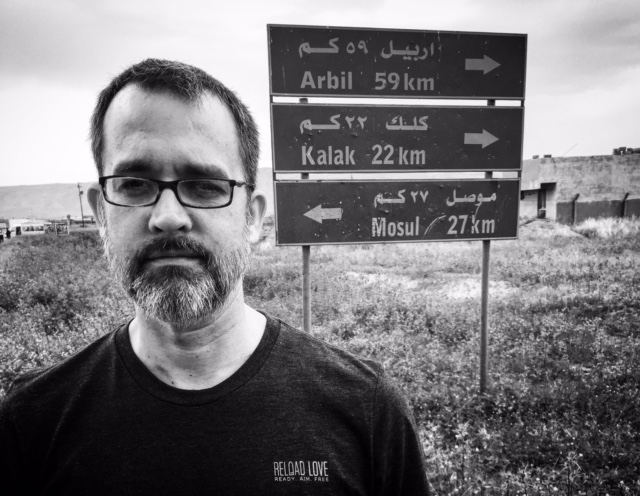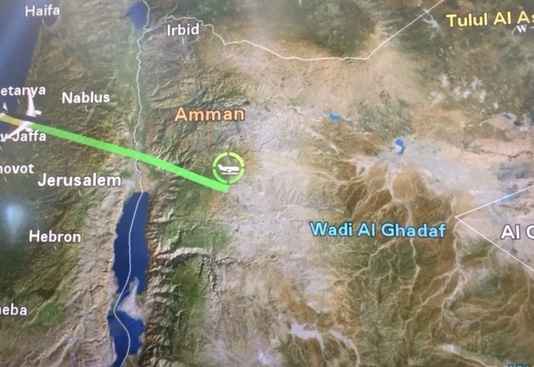
This part of the city is dark and feels empty. There are only a few streetlights, and the windows in the houses are, for the most part, unlit. My wife Maile and I get out of our car and walk towards the front door of a small duplex. Lines of light shine through the slanted blinds. A dim, yellow porch light looks down on us like a low-hanging moon.
“Oh, look,” Maile says. “They put out a small American flag.” It’s the kind they hand out at parades, stiff, clinging to a long, wooden stick. The stick is deep in the ground beside the sidewalk.
I tap lightly on the window and hear footsteps thunder through the house—some coming down the stairs, some racing from the kitchen at the back. The door swings open and the screen is pushed towards us and there they are, Mohammad’s four boys, grinning as if I’m Santa. Maile and I go inside and take off our shoes.
The house smells wonderfully of foreign food. It is bright inside, and warm, especially compared to the February night. Mohammad shakes my hand and pulls me in for a hug—he is not a tall man, with skin the color of tan leather, dark eyes, and gray hair cropped short.
“Shawn! Where have you been? I put the coffee on 30 minutes ago!”
“I know! I know. I’m sorry. It took us a while to get the kids to bed.”
“No problem. Don’t worry. Come in, come in!”
His boys flock around us, eager, excited to have guests. I shake each one’s hand, all the way down to their mischievous youngest. He grins and at first he doesn’t know what to do, then he exaggerates his hand shake and I pretend he’s hurt my shoulder. He giggles and runs off.
I look at those boys and can’t help but think about how they fled Syria five years ago, how Mohammad had to load them down with backpacks full of food and water, tried to determine how much weight each boy could carry. Fathers should not have to do this. Father’s should not be in a situation where they are deciding how many water bottles a nine-year-old can carry through the night. Who should carry the baby? Who should walk at the back of their small line through the darkness?
* * * * *
“Here,” Mohammad says, handing me the mug full of dark, dark coffee, and I take a sip, the caffeine shooting through my veins.
Moradi, Mohammad’s wife, comes down and greets us. She has a kind face, soft eyes, in spite of all they have been through. She smiles at Maile and hugs her, and the two of them talk about work and family and motherhood. When they hit a language barrier, and this is often, the oldest son steps in and translates.
“We brought a game,” I say, showing them the box: Connect Four.
“I have that in my school!” one of the boys shouts, and we tear it open, put the thing together. I sit on the floor across from their third son. He is around ten, and he is very competitive. Every time one of us has three in a row, he shouts, unable to bear the tension of the pending win. When I finally beat him, he groans loudly and falls backward. We all laugh.
“Shawn, here, look at this,” Mohammad says, and I sit up on the sofa while the boys push in to take over the game next. He hands me his green card paperwork. “The last time I looked up this serial number, it said error. Something isn’t right.”
I take his phone, already at the correct website, and input the number on his application. A message appears.
“I don’t know, Mohammad. But this says your application has been processed and your card was mailed out yesterday.”
“Yes?” he shouts, grabbing the phone. Everyone in the house cheers. He hands me his wife’s application. “Check this one.”
We go down the row, checking everyone’s green card application, and an enormous cheer rises when we confirm each person’s pending status. Their cards are on the way. It is Christmas in February.
* * * * *
There are shouts from the other room. The boys are arguing about the game, and the youngest has taken it hostage. The older boys protest. Mohammad calls the little one over, and he comes, reluctantly, dragging his feet.
Mohammad pulls him close and they argue in quiet voices, the boy’s lips grazing his father’s rough cheek as he pleads his case. Mohammad alternates between listening quietly and talking sternly. Their Arabic floats around us, above us, like a beautiful thing unattainable.
Then, I recognize a word the little boy uses often, in his most pleading tones.
“Abba.”
He says it over and over again. Sometimes, when he is at a loss for words, it is the only thing he says.
“Abba, Abba, Abba.”
The word Jesus used when he addressed his Heavenly Father.
Abba.
* * * * *
It is late. We pull ourselves away despite Mohammad’s offended protests that we are leaving too early. I laugh.
“It is always too early for you,” I say. He smiles.
“Come again, Shawn. Any time. Come again. Please.”
Maile hugs Moradi and I tease the boys and we walk outside, all of them standing in the doorway, in the cold, watching us go. They wave and wave, even after we are in the car, and then we are driving through the dark, towards the city. I can feel the light.
* * * * *
Did you know Mohammad and I have put together a book and it’s coming out in October? It’s all about his family’s trek to get here and how our friendship came to be–the book is called Once We Were Strangers.






